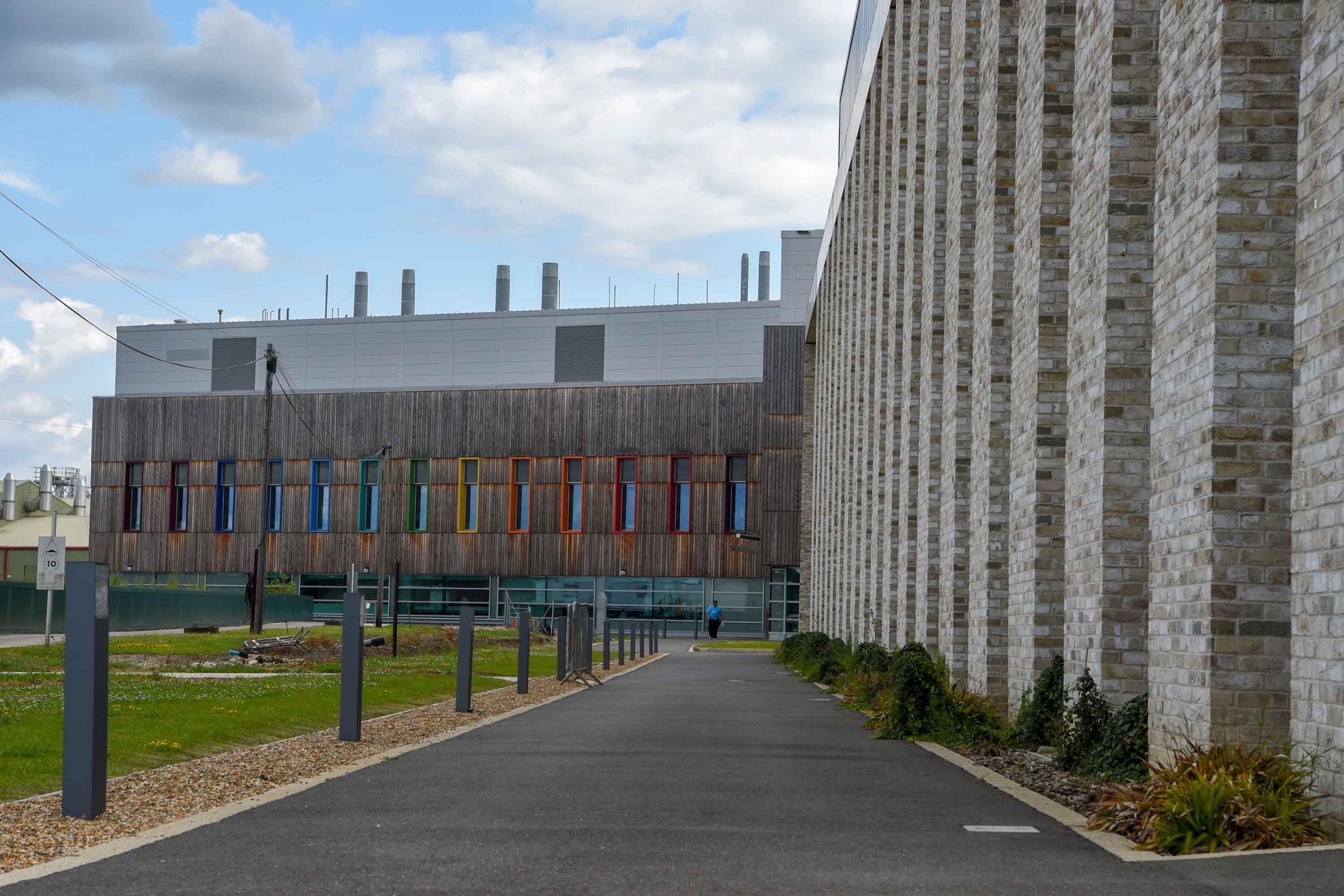Two scientific specialists have been appointed to new roles at The Pirbright Institute.
Dr Georgina Limon-Vega has been promoted to Group Leader in Applied Epidemiology. Georgina studied Veterinary Medicine at the National Autonomous University of Mexico (UNAM) and holds a Masters and PhD in Epidemiology from the Royal Veterinary College in London.
Genomics expert Dr Steven Fiddaman, formerly a post-doctoral researcher at the University of Oxford, has been appointed Fellow and will take up his post later in the year. He spent three months at Pirbright in 2017 as part of a PhD project.
Georgina said: “I’m excited to step into this new role to lead the Applied Epidemiology group. It represents a unique opportunity to grow professionally, lead transdisciplinary research, and contribute to cutting-edge science and translational research at Pirbright. I'm looking forward to the years to come."
Steven added: “As an Institute Fellow, I’m delighted to return to Pirbright to begin my own program of research centred on genomics - both host and virus. I mainly work on the chicken, with a focus on immune system adaptation to infectious disease, and Marek’s disease virus (MDV), sequencing MDV genomes from a variety of sources, including the MDV Reference Laboratory at Pirbright.”
Georgina has led field studies at the Institute to assess the efficacy of a novel Crimean-Congo haemorrhagic fever (CCHF) vaccine and to better understand the epidemiology, and socioeconomic impact of transboundary animal diseases (including foot-and-mouth disease, lumpy skin disease, sheep and goat pox) and control measures in Low-Middle Income Countries (LMICs).
Steven’s research has shown how animals evolve to cope with different pathogens to which they are exposed. His work involves a combination of bioinformatics (genomics, selection analyses, phylogenetics, diversity metrics) and lab work to test predictions made bioinformatically.
Professor John Hammond, Director of Research, said: “These appointments underpin key strands of Pirbright’s Science Strategy to predict, detect, understand and respond to high-consequence livestock and zoonotic viral diseases to protect our food and economic security and improve the health and wellbeing of animals and people.”
Funded by UKRI BBSRC, Pirbright’s innovative fundamental and applied bioscience contributes to global food security and health, improving quality of life for animals and people.


